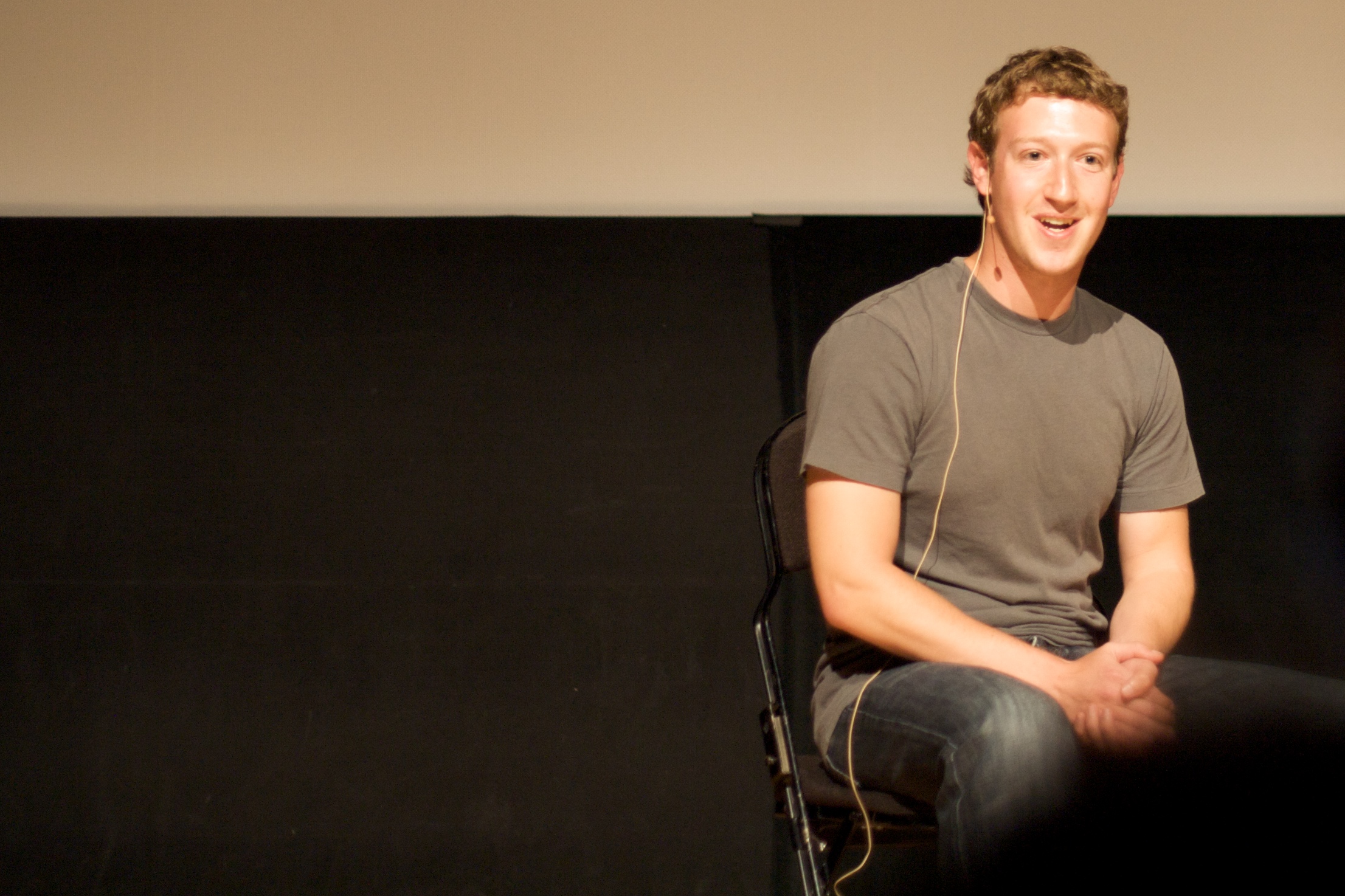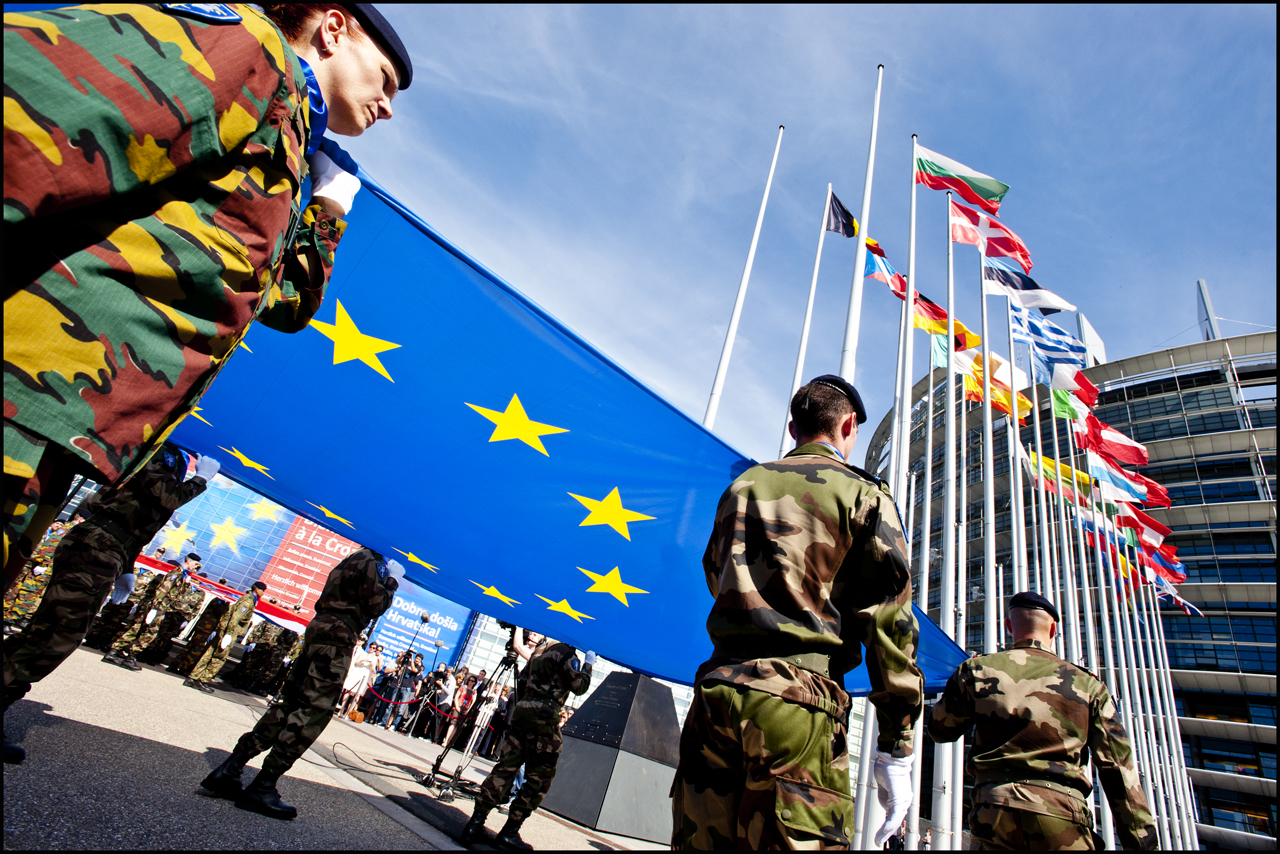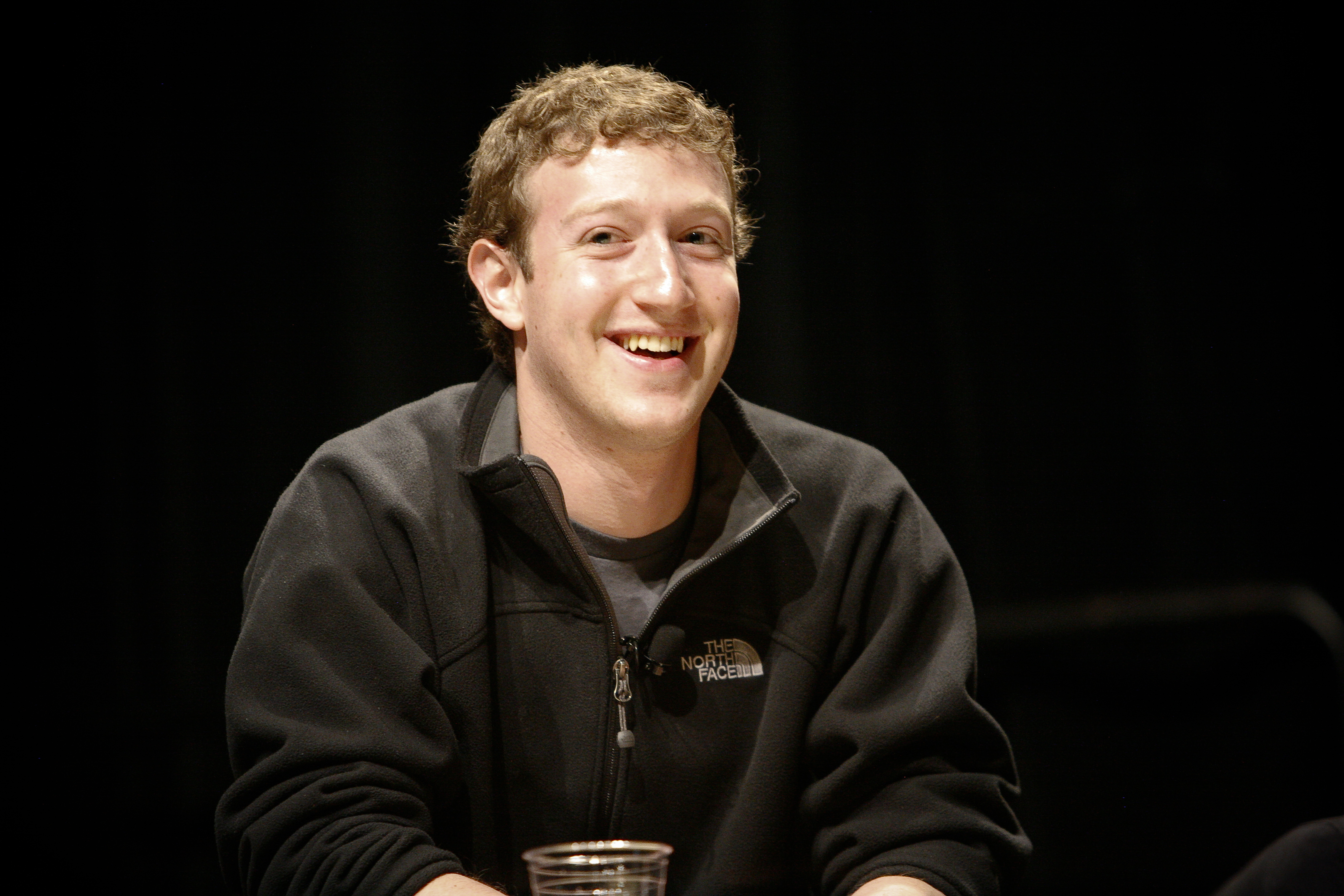Facebook’s initiative to provide Internet to developing parts of the world, Free Basics, has been met with substantial criticism from those who believe that the service violates Net Neutrality. This Monday, Facebook CEO Mark Zuckerberg defended the service in an opinion article in the Times of India.
Zuckerberg’s effort to offer free Internet throughout India was obstructed by the country’s Telecom Regulatory Authority’s request that Facebook discontinue the program. India has 132 million active Facebook users, the second largest population of Facebook users behind the Unite States’ 193 million users.
Critics argue that Free Basics, the website that offers Internet services, provides more content from Facebook than from other sources. When Zuckerberg visited India in October, however, he implied that the Facebook service did not breach Net Neutrality when he said that all traffic on the Internet should be treated equally.
“Instead of wanting to give people access to some basic Internet services for free, critics of the program continue to spread false claims—even if that means leaving behind a billion people,” Zuckerberg said. “Who could possibly be against this? Choose facts over false claims. Everyone deserves access to the Internet.”
Article via CNET, December 28, 2015
Photo: Mark Zuckerberg via Mathieu Thouvenin [Creative Commons Attribution-NonCommercial-NoDerivs]





